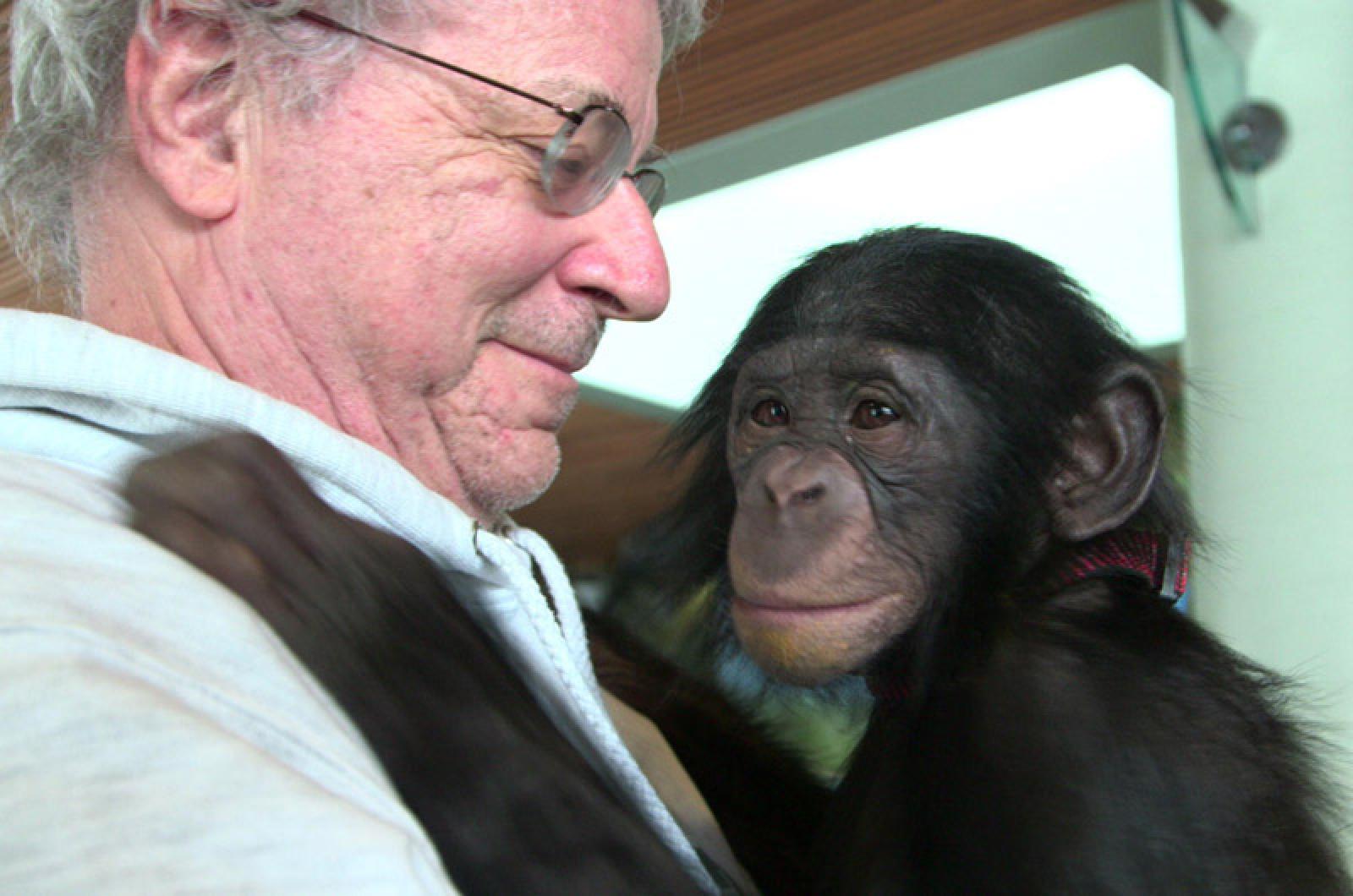There was a moment when things looked bleak for D.A. (Penny) Pennebaker and his career as a documentary filmmaker. He had won acclaim with Dont Look Back, which followed Bob Dylan’s 1965 tour of England, and Monterey Pop, the story of the 1968 music festival. But then his partner in the documentary film company they founded left the company. Funds were scarce, and several other employees also resigned.
“I still had the same feeling about making films, but I didn’t see how we could go on,” Mr. Pennebaker said during a recent conversation at the West Tisbury home of his daughter Chelsea Pennebaker. “Then Chris showed up. It was such a big stirring in my life and in my mind, that I thought somebody has sent me an answer, the luckiest thing that could happen. We were able to salvage that company, and make films together that people wanted to see.”
The Chris is Chris Hegedus, his wife and filmmaking partner. The two have been collaborating in life and work since 1976, and over the past 40 years have created some of the most well known documentaries ever made. The couple was on the Vineyard last week with their latest movie, Unlocking the Cage, which screened on Wednesday in Chilmark as part of The Martha’s Vineyard Film Festival.
Unlocking the Cage is a real life courtroom drama which follows attorney Steven Wise as he pursues a legal battle to establish limited legal rights for intelligent animals, some of the same rights enjoyed by humans. The subject encompasses a theme apparent in many of their films: passion and risk. In the film, Mr. Wise tells of the ridicule he received, including having other attorneys bark when he entered a courtroom.

“He was incredibly passionate, and he was going to take this risk that he had spent 30 years studying and trying to figure out a legal strategy of how to move animals from being things, into being persons,” said Ms. Hegedus, who was also the cinematographer for the documentary. “He had gone from that humiliation to this point in his life now where he was going to take the biggest step of his life and really publicly mount a case that could either find him totally foolish, or perhaps the next step in history.”
Documenting history is a big part of what the filmmakers have done over the course of their careers. In their 1993 film The War Room, Mr. Pennebaker and Ms. Hegedus revealed a behind-the-scenes account of James Carville and George Stephanopoulos as they ran the 1992 campaign to elect President Bill Clinton. The film was nominated for an Oscar.
They also produced Startup.com, which tracked the boom and bust mania of the technology industry, by following three classmates who formed a technology company in 1999. The film won the Director’s Guild of America award for outstanding achievement in directing a documentary.
Also among their credits is The King of Pastry, a Chicago chef’s journey of obsession trough a famous French baking competition.
Mr. Pennebaker was awarded an Academy Award for lifetime achievement in 2013. Ms. Hegedus has received lifetime achievement awards from several organizations, including the International Documentary Association, and CINE, an industry group that supports filmmakers and honors the best of their work.
But still, success does not come easily in the world of documentary films, even with a resume of awards going back to the 1960s.
“The problem with these kind of films is they’re not big money makers,” Mr. Pennebaker said. “People don’t invest in them much. And if they do, they’re foolish people and you better be careful of them,” he said with a wry smile. “But people want to see them made. Making a film isn’t so hard. It’s complicated, but not hard. Trying to get people to see it is hard.”
Both are pioneers in the world of documentary films.
“When I started making films, over 40 years ago, pretty much the only stories that were told were told by white men,” Ms. Hegedus said. “Now the revolution that’s happened, people can tell their own stories, whether they’re telling them on small digital cameras, and even on their phone. People in cultures all over the world are telling us what’s meaningful to them in their own worlds.”
Mr. Pennebaker was one of a small group of experimental filmmakers in the early 1960s, who popularized a direct style of documentary films. With portable cameras, made from a commercial film camera they dismantled and reassembled as a shoulder mounted portable, they were able to capture reality. Their films used little or no narration. The subjects and the scenes tell the story.
“We’re watchers,” Mr. Pennebaker said. “We don’t comment on it, we don’t criticize it, we don’t find trouble with it. We just simply watch it, and in watching it, we get a story. We made a camera you could carry around anywhere. That allowed us to go on stage at an opera, or out in the desert. This was a new kind of film idea. You have this fantastic device. When you point it at something, it tells the truth.”




Comments (3)
Comments
Comment policy »